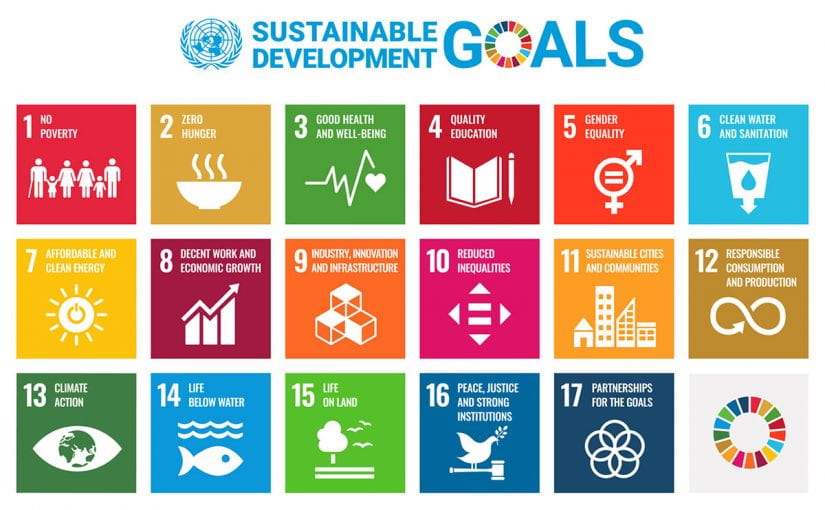Category: Sustainability
-

In the Wake of Patagonia’s Decision: Sustainability in Practice
By
|
In the wake of Yvon Chouinard’s decision to transfer ownership of Patagonia, the multibillion-dollar outdoor apparel company he founded, to a trust and non-profit organization, there has been a new surge in conversations surrounding sustainability. While decisions around how an organization acts sustainably might be something you think only happens at the executive level, knowing…
-

Why Sustainability Matters to Business
By
|
Like many consumers, businesses have sustainability on their minds! Some businesses are taking steps to become more sustainable and are experiencing its many benefits. However, others are hesitant to change. For those who are unsure or want to learn more, here are some benefits of sustainability practices! Businesses need resources such as people, materials and…
-

Sustainability’s Many Inter-Relationships
By
|
Peace & Prosperity for People & the Planet In 2015, all Member States of the United Nations collaborated on a call to action to forward Sustainable Development Goals (SDGs) for all countries in a global partnership. The SDGs build on decades of work by countries and the UN and acknowledge the need to address challenges synergistically and…
-

What NOT to Wear
By
|
(with apologies to TLC) When choosing to live more sustainably, small steps can make a big difference. Every choice or purchase we make has an impact, including what we choose to put in and on our bodies. Fashion is a new vanguard of sustainability with savvy, professional women shopping smarter by doing their research and investing in pieces that…
-

Coming Trend of All Trends
By
|
The United Nations has determined that the environment and climate change are the defining issues of our time. Business experts say 2020 marks an era of sustainability with every business being called to make change. A convergence of forces is driving this urgency, encompassing shifting weather patterns, rising sea levels, and an increasing demand for…

